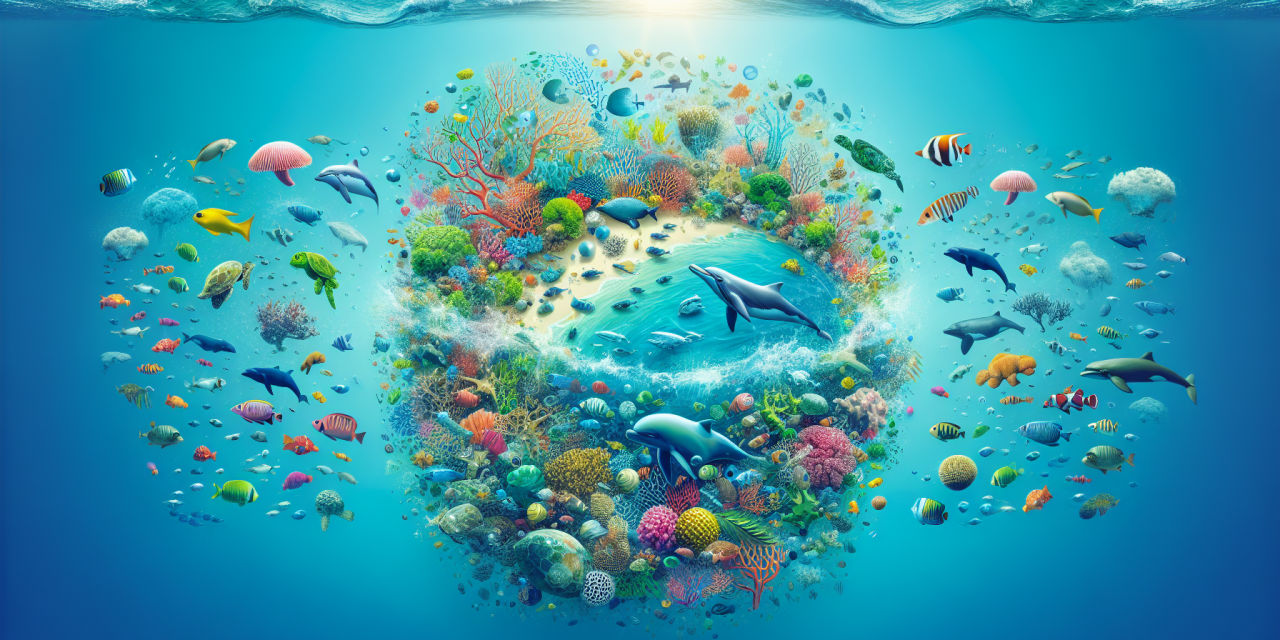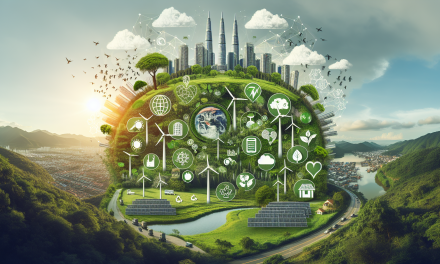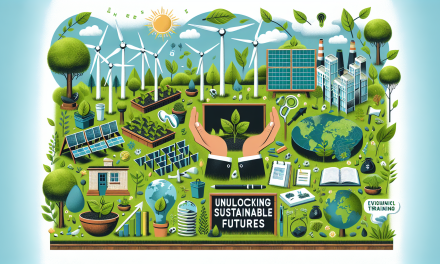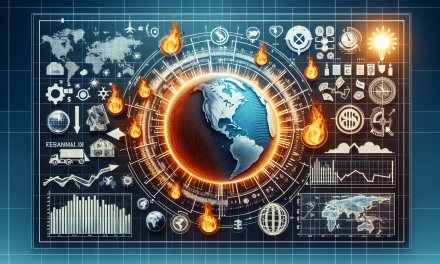Table of Contents
- What is the Marine Environment?
- Why Protect the Marine Environment?
- Understanding Marine Environment Alterations
- Best Practices for Marine Environmental Guardianship
- Marine Environment Protection Certification & Training
- FAQs
- Conclusion
What is the Marine Environment?
The marine environment encompasses all the oceans and seas on our planet, each teeming with diverse forms of life, from the smallest plankton to the largest whales. This vast section of Earth plays an essential role in maintaining biodiversity, offering habitats for innumerable species.
Understanding Marine Ecosystems
Marine ecosystems are complex networks of living organisms and their physical environments, interacting in dynamic ways. These ecosystems include coral reefs, mangroves, and deep-sea environments, providing critical services such as carbon sequestration, nutrient cycling, and functioning as essential food sources for many coastal communities.
Why Protect the Marine Environment?
Protecting the marine environment is vital for several reasons. Firstly, it supports livelihoods for millions who rely on fishing and tourism. Additionally, healthy oceans are critical for the planet’s climate regulation, helping to absorb a significant amount of carbon dioxide.
The Impact of Pollution
Pollution, whether from plastic waste, chemical runoff, or oil spills, severely threatens marine life. Each year, millions of tons of plastic enter oceans, leading to dire consequences for wildlife. Thus, protecting marine environments is essential not just for preservation but also for the health of the planet.
Understanding Marine Environment Alterations
Several factors alter the marine environment and challenge its stability. Understanding these factors allows individuals to devise robust preservation strategies.
The Influence of Climate Change
Climate change significantly influences marine ecosystems, leading to rising sea temperatures, ocean acidification, and changes in species distribution. Consequently, it is critical to recognize those changes and adapt accordingly to protect marine biodiversity.
Overfishing and Its Repercussions
Overfishing continues to deplete fish stocks, impacting food security for communities worldwide. Sustainable fishing practices are essential to allow fish populations to recover and maintain ecosystem balance.
Best Practices for Marine Environmental Guardianship
Adopting effective practices to safeguard marine environments is crucial. Here are some best practices that promote healthy oceans:
Reducing Plastic Use
Minimizing the use of single-use plastics is one way individuals can contribute to a healthier marine environment. This simple step can drastically reduce ocean pollution.
Supporting Sustainable Fishing
Choosing to support sustainable fishing helps maintain fish populations and the overall balance of marine ecosystems. Awareness of the sources of seafood can encourage responsible consumption.
Enhancing Skills for Effective Marine Protection
Equipping oneself with the right skills is fundamental for effective marine environment protection. Comprehensive training programs are available, designed to provide in-depth knowledge and practical skills necessary to protect marine environments. A fantastic option to consider is the Marine Environment Protection Certification & Training Course, which covers vital topics crucial for anyone passionate about safeguarding ocean health.
Additionally, various related programs exist aimed at further enhancing one’s understanding of sustainability practices. For instance, exploring ISO 14001:2015 not only offers insights into environmental management systems but also emphasizes sustainability and ecological balance.
Moreover, understanding water treatment through resources like water treatment training helps combat issues like pollution, while mastering energy and carbon management through environmental practices can significantly aid conservation efforts.
Finally, by familiarizing oneself with the interconnections created by climate change impacts showcased in a piece about climate change, as well as understanding how effective management systems bolster environmental stewardship via a guide on management systems, individuals can be well-prepared to tackle the challenges posed to marine environments.
FAQs
What Can I Do to Help the Ocean?
Everyone can contribute to ocean protection by reducing plastic use, supporting sustainable seafood, participating in local clean-up efforts, and spreading awareness regarding marine conservation.
How Can Training Help My Environmental Efforts?
Training provides essential knowledge and skills needed to effectively combat environmental challenges. It empowers individuals with actionable strategies for preserving marine ecosystems and promoting sustainability.
Conclusion
In conclusion, taking action to protect the marine environment is crucial for the health of our planet and future generations. Everyone has a role to play in this endeavor, and by acquiring the appropriate training and knowledge, we can make a tangible difference. Thus, let’s embrace practices that champion the wonders of our marine ecosystems, ensuring their preservation for years to come.





